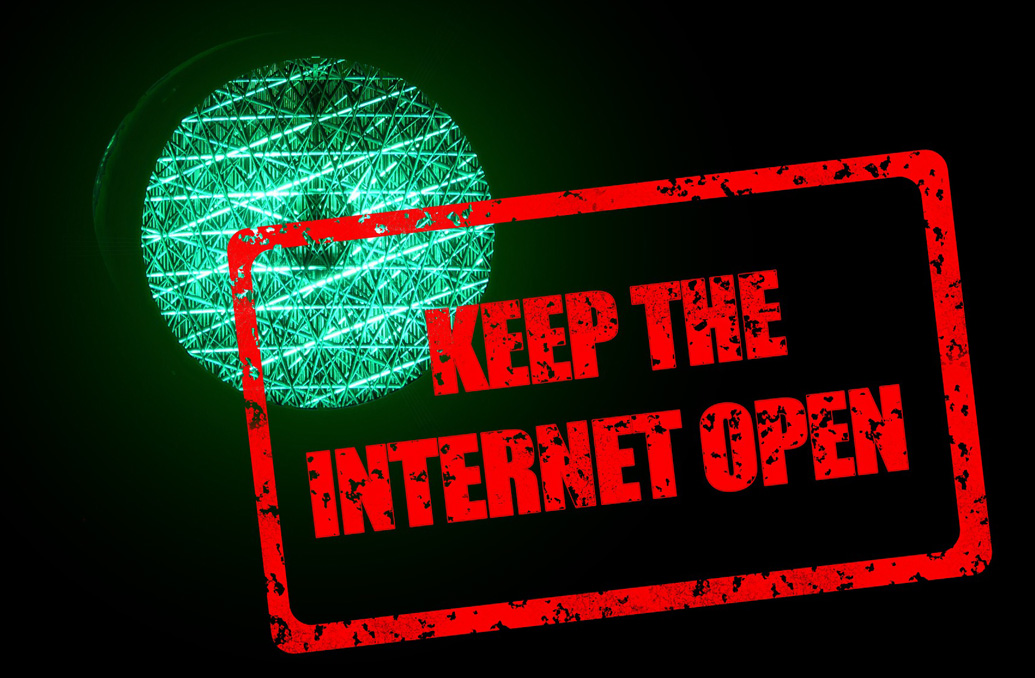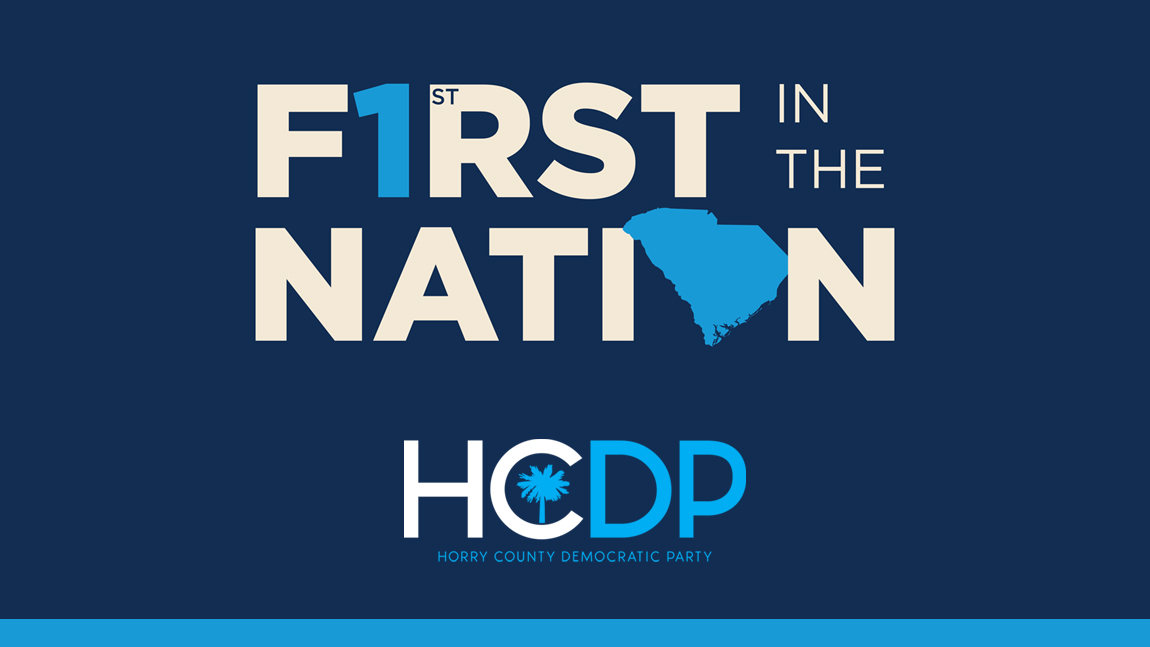The U.S. Senate passed legislation May 16 to save net neutrality rules and force big telecom companies to treat all web users equally, but insiders doubt that the House of Representatives will follow suit or that President Trump would sign it. After all, it’s his FCC that wants to ditch net neutrality rules.
Democrats forced the vote using the Congressional Review Act (CRA), which allows Congress, with a majority vote in each chamber and the president’s signature, to overturn recent rulings by agencies like the Federal Communications Commission (FCC).
Three Republicans, Sen. Susan Collins (Maine), Lisa Murkowski (Alaska) and John Kennedy (LA) joined the 49 Senate Democrats to pass the bill 52-47.
However, in the House Democrats will need 25 Republicans to vote against their party and join in an effort to bring the measure to a vote. Rep. Mike Doyle (D-PA) said he would initiate that action tomorrow and it’s supported by House Minority Leader Nancy Pelosi (D-CA).
Most Republicans argue that the net neutrality rules are unnecessary and onerous for broadband providers and have urged Democrats to join with them in working out a legislative replacement to the FCC rules, a move supported by the broadband industry.
However, net neutrality supporters reject the idea that a Republican-controlled Congress could come up with protections as strong as the FCC rules. Legislation offered by GOP members leaves open the possibility that internet providers could create “fast lanes” by charging websites for faster speeds, they say.
Despite the gloomy outlook in the House, net neutrality proponents are urging voters to contact their members of Congress seeking their support.
The American Civil Liberties Union has launched such an appeal.
“Our democracy depends on our freedom to create, communicate, and connect without barriers. Favoring corporate and big money interests online – reserving a faster, better internet only for the people and corporations that can pay for it – is an affront to our democratic values,” the ACLU contends.
Even if the effort Congress to save net neutrality fails, Democrats believe they will have been handed yet another issue in their drive to gain the majority in Congress in the November 6 mid-term elections.
So, if you find yourself paying a premium for using Facebook and other social media sites, you can thank Donald Trump, because he’s the guy who chose Ajit Pai to head the FCC. And Pai had made no secret of his opposition to the net neutrality rule that was adopted two years ago during the Obama administration.
Net neutrality required internet service providers to offer equal access to all web content without charging consumers for higher-quality delivery or giving preferential treatment to certain websites. Under the system, broadband service was considered a utility, and the FCC was given broad power over internet providers.
Of course, the big internet service companies strongly supported elimination of those rules and Pai predicted the action would provide “the incentive” for them to provide more options to users of the internet, including businesses and consumers.
Here’s what The Wall Street Journal reported after the FCC’s vote to end net neutrality:
“The dismantling of the Obama-era rules isn’t expected to change the delivery of web content to consumers overnight. But internet-service providers such as Comcast Corp. or Verizon Communications Inc. would be free to make all sorts of big changes, such as offering new packages with pricing schemes that deliver some kinds of content but not others. One type of service that could proliferate in the new regime is zero-rating deals, where specific websites or services are exempted from a mobile carrier’s data caps.”
Here’s an explanation from The New York Times as to the specific rules that were repealed:
BLOCKING Internet service providers could not discriminate against any lawful content by blocking websites or apps.
THROTTLING Service providers could not slow the transmission of data based on the nature of the content, as long as it is legal.
PAID PRIORITIZATION Service providers could not create an internet fast lane for companies and consumers who pay premiums, and a slow lane for those who don’t.
So, if you are a big business with deep pockets or a wealthy household, you’ll probably be able to pay for a fast lane on the internet, substantially higher speeds than the rest of us. That’ll be really cool for the corporations and the wealthy — just like the Republicans’ tax bill that saves them billions and tosses a few crumbs to everybody else.
Once again, greed wins in Washington. It’s time to turn Congress blue.
Contributed by Bob Gatty






